


Experts discussed violence and radicalization at an online seminar held by the São Paulo State Academy of Sciences. The topic is the title of the seventh and last chapter of FAPESP 60 Anos: A Ciência no Desenvolvimento Nacional.

A presentation to the 16th edition of the series of FAPESP 60 Years Conferences emphasized the importance of giving users of digital communications technology a minimum of means to defend themselves from fake news.
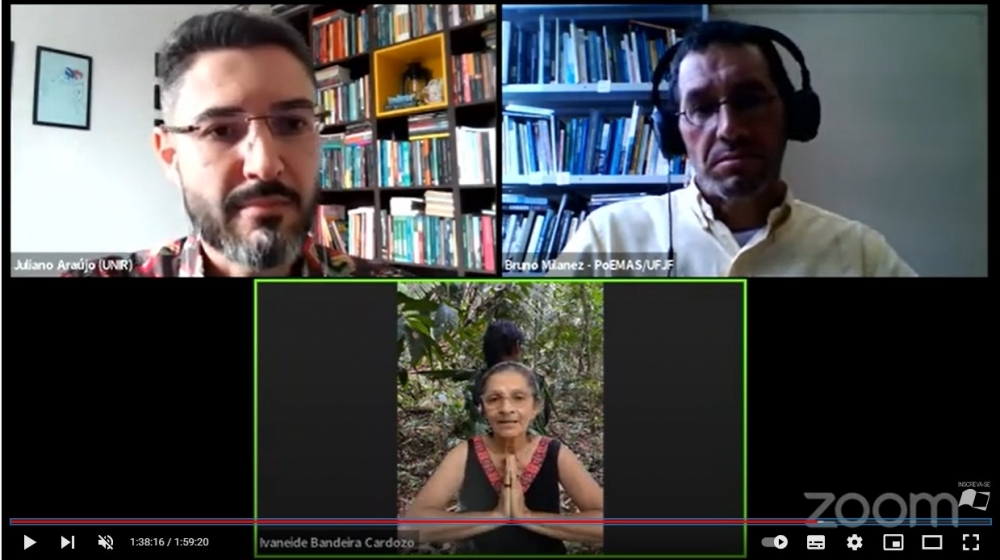
Experts who took part in a seminar held by FAPESP highlighted the importance of Indigenous filmmaking to a wider societal awareness of the conflicts occurring on Indigenous reserves and in conservation units in the Amazon.
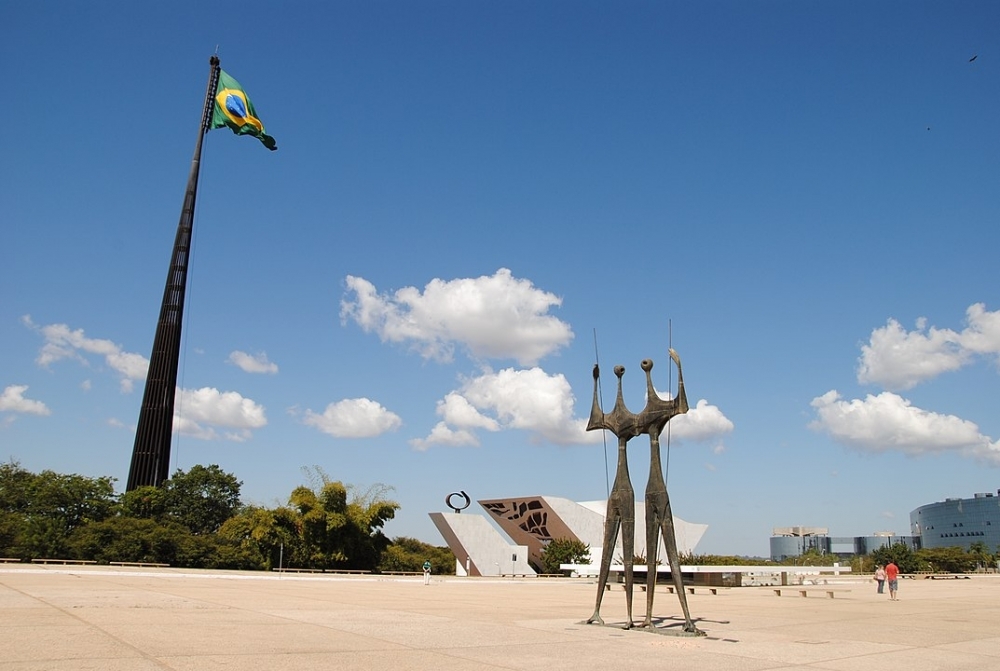
The latest in the FAPESP 60 Years lecture series featured an assessment of the current social and political conditions in Brazil by Maria Hermínia Tavares de Almeida, a professor at the University of São Paulo. The event focused on the erosion of liberal democracy. Oscar Vilhena, Dean of Getúlio Vargas Foundation’s São Paulo Law School, also took part.

The topic was discussed during the 7th FAPESP 60 Years Conference. The speakers presented proposals that could help institutions surmount the longstanding problem of lack of funds in Brazil.
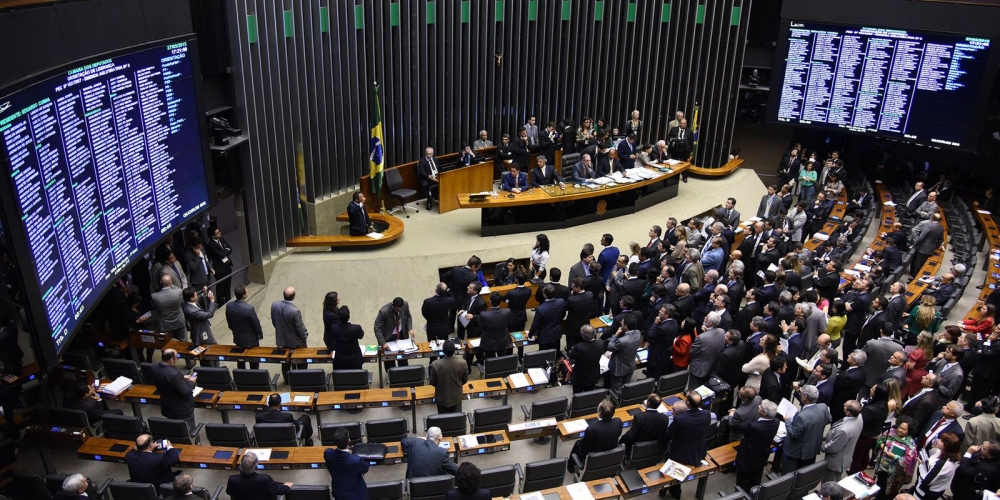
A study conducted by researchers at the University of São Paulo estimated the likelihood of politicians’ future conviction for corruption and other financial crimes by analyzing networks pointing to similarity of voting histories.

The third event in the series FAPESP 60 Years featured three researchers who are leading experts in the area: Donatella della Porta, Sérgio Adorno, and Michel Misse.

A project led by researchers at Getúlio Vargas Foundation in Brazil and the University of Michigan in the US produced a detailed analysis of the effects of public policies and government decisions on the response to COVID-19, highlighting the factors that influenced its success or failure in many countries and regions around the world.
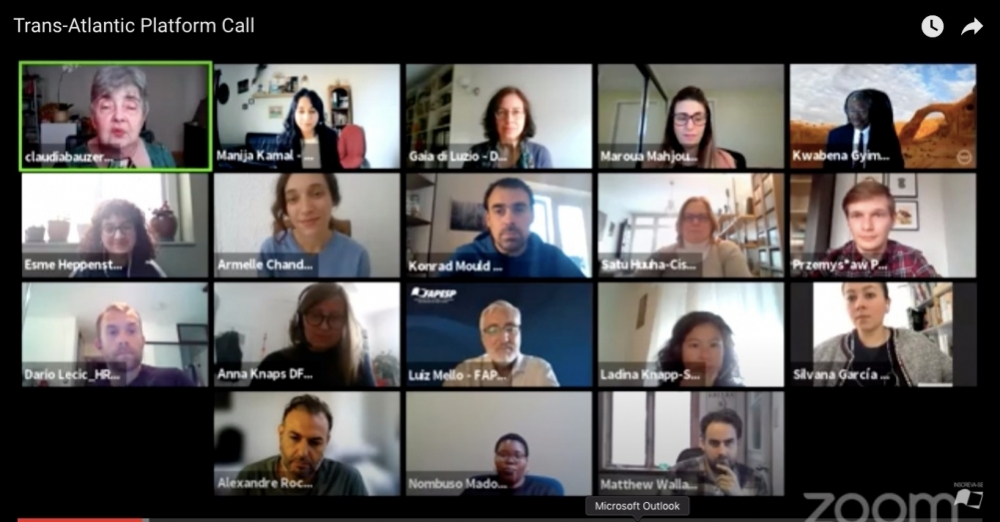
The call aims to advance knowledge of the societal effects of the COVID-19 pandemic and solutions to mitigate them. The submission deadline is July 12. Eligibility checking ends June 14.

Pro-Vaccine Union, an initiative of the University of São Paulo in partnership with other organizations including Research, Innovation and Dissemination Centers funded by FAPESP, is monitoring anti-vaccine groups on Facebook in an effort to understand the workings of the social media ecosystem that spreads disinformation.

Fast-track project selection and the capacity to make efficient use of resources and cross-border partnerships have made funders fundamental to the response to the challenges of COVID-19 in the Americas, according to participants in the GRC’s regional meeting.
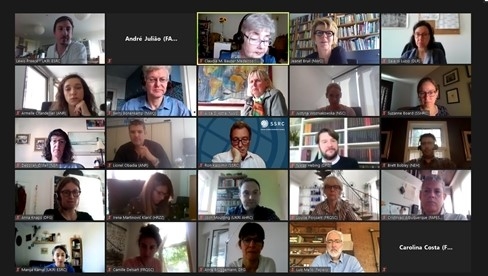
Collaborative projects in these knowledge areas can produce information that helps policymakers understand the behavioral changes required to manage the ongoing public health crisis and mitigate its impacts, according to participants in the annual meeting of the Trans-Atlantic Platform, held online in September.

Economists who took part in a webinar organized by FAPESP to discuss options for the post-pandemic economic recovery said this is the right time to implement broad basic income policies.

Project led by researchers from Brazilian and American institutions will collect primary data during the pandemic to create a repository that will serve as a basis for future studies. The findings of the comparative analysis will be published in book form.
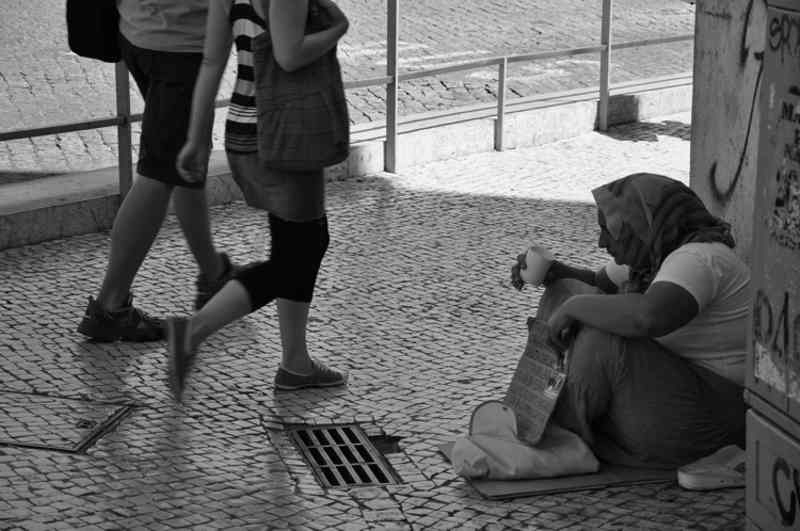
Scientific Director Luiz Eugênio Mello is taking part in a group charged with providing scientific support to the United Nations Research Roadmap for the COVID-19 Recovery.
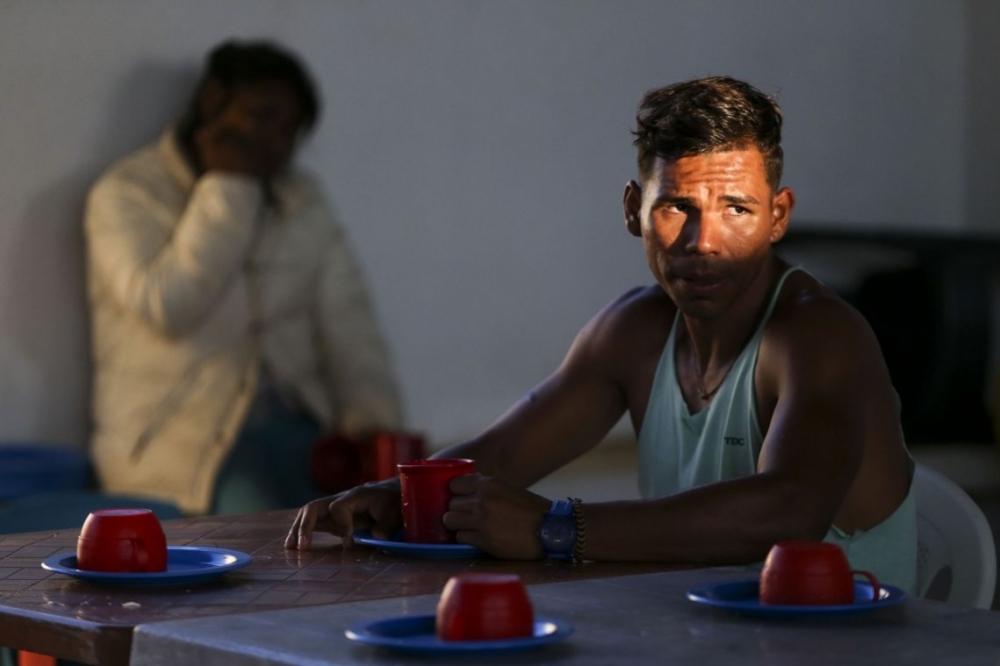
Making a fresh start in a new country requires mental reorganization and finding new meaning in life, says Miriam Debieux Rosa, coordinator of Veredas, a group of psychoanalysts and psychologists who specialize in immigration, in a presentation to FAPESP Week France.

The initiative, inspired in the same lines as IPCC’s, was presented on FAPESP Week France; its goals are to provide support for the formulation of public policies and to promote a less ideological discussion about the European migration crisis.

Fabrice Bardet, of Université de Lyon, highlights during FAPESP Week France that the real estate sector has gained relevance in the structural transformation of contemporary capitalism; Bardet carries out collaborative research that aims to understand the historical perspective on this process in France and Brazil.

Collaborative platform forms part of a research project being carried out in São Paulo since 2012 that monitors and analyzes removals in the city with the aim of creating solutions for housing and urban development issues.
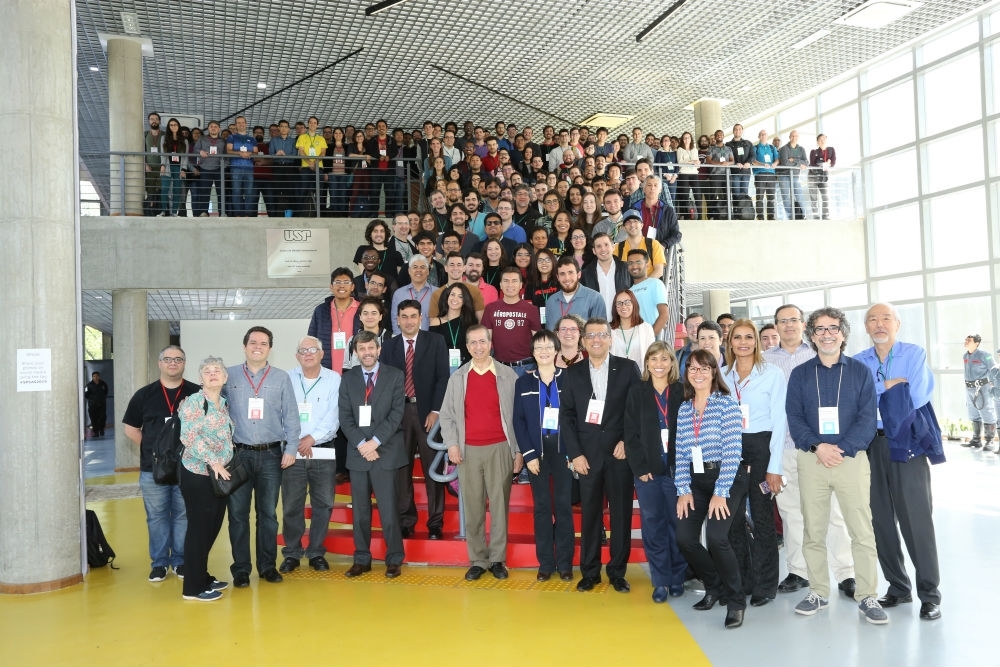
Participants at the São Paulo School of Advanced Science on Learning from Data warn that because minorities have less access to services that generate data, they tend to be underrepresented in databases used for machine learning projects.
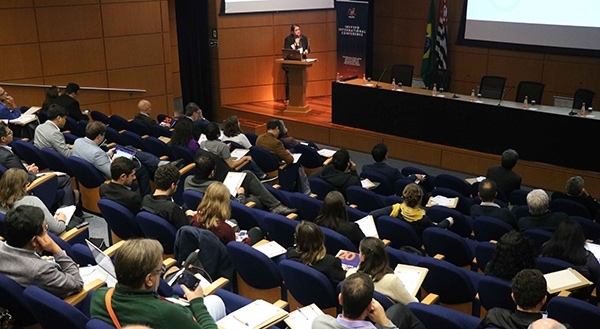
Experts discuss the impact of STI policy evaluation on the effectiveness and efficiency of policies in Latin America.
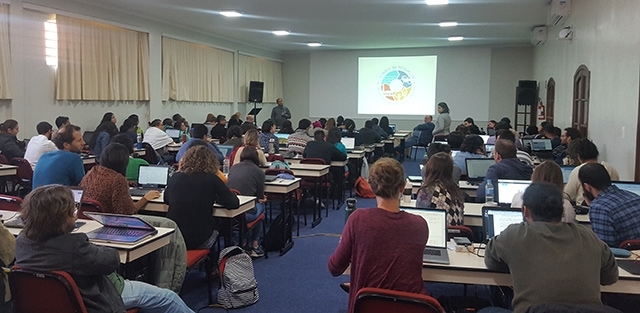
Young researchers were trained in environmental planning and protection at a School of Advanced Science supported by FAPESP.
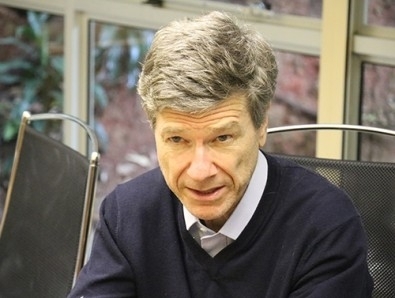
US economist and sustainability expert Jeffrey Sachs stressed the need to integrate science, engineering and public policy in a video address to the annual meeting of the Global Research Council in São Paulo.

Research funding agencies should not confine themselves to conventional means of communication if they want to reach the younger generation, says ERC President Jean-Pierre Bourguignon.

Research on the impact of climate change on the oceans will be increasingly important in the years ahead, according to participants attending the annual meeting of the FAPESP Research Program on Global Climate Change.